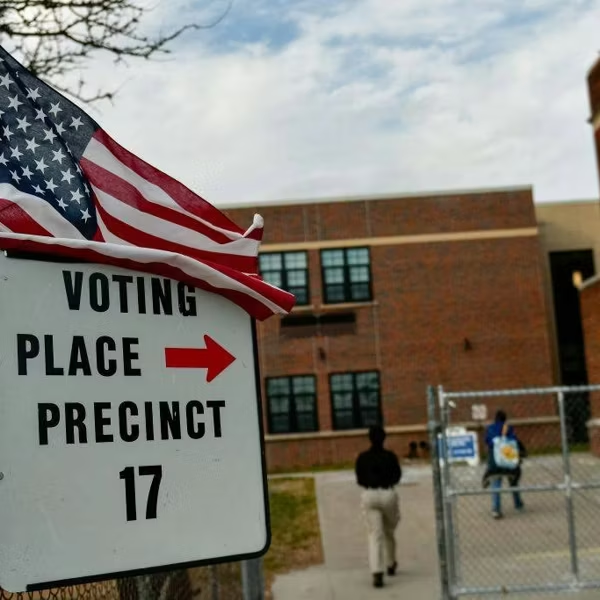As the Brazilian Ministry of Defense released a report Wednesday saying it had not found evidence of fraud in last month's election, President-elect Luiz Inacio Lula da Silva called for investigations into those who are funding ongoing protests by a small group of election-denying supporters of President Jair Bolsonaro.
While Bolsonaro has not outwardly accused election officials or Lula's progressive Workers' Party of fraud, he also has not yet conceded the election to his opponent and some of his backers have taken to the streets to call for a military intervention to keep the right-wing president in office.
"No one will believe coup-mongering discourse from someone who lost the elections," Lula told reporters on Wednesday.
"The limitations found are the same ones analysts have been complaining about for decades, but that doesn't point to evidence of irregularity."
The military's report showed the audit did not find any abnormalities in the counting of votes or evidence that fraud took place on October 30 when Brazilians went to the polls to elect Lula, who served as president from 2003-2010, over Bolsonaro.
On Thursday the Ministry of Defense said on social media that from the functionality tests it conducted, "it is not possible to guarantee that the programs that were executed in the electronic voting machines are free of malicious insertions that alter their functioning," and suggested that electoral authorities "carry out a technical investigation into what happened in the compilation of the source code and a thorough analysis of the codes that were actually executed in the electronic voting machines."
Diego Aranha, a systems security professor at Aarhus University in Denmark and a member of the Brazilian electoral authorities public security testing team, told the Associated Press that the military report found "nothing astonishing" about how the 2022 election was carried out.
"The limitations found are the same ones analysts have been complaining about for decades," Aranha said, "but that doesn't point to evidence of irregularity."
The challenges of "parsing so much source code are already widely documented," he added on Twitter.
Supreme Court Justice Alexandre de Moraes, who is also the country's elections chief, said Wednesday night that he would review the military's suggestions and said the security of Brazil's voting machines is "a source of national pride."
The Ministry of Defense's report follows the release of a partial audit of more than 600 voting machines by the federal government's accounting watchdog, which found no irregularities, and a report released by the Brazilian Bar Association which came to the same conclusion.
While Bolsonaro has not made accusations of fraud, he and his allies repeatedly said in the runup to the election that foul play was likely. In September, before the first round of voting, the president's Liberal Party claimed with no evidence that federal employees had the "absolute power to manipulate election results without leaving a trace."
Bolsonaro's campaign also claimed in October that radio stations unfairly favored political advertisements for Lula, and his son, Sen. Flavio Bolsonaro, said the president was already "the victim of the biggest electoral fraud ever seen" before votes were even cast on October 30, echoing claims made by U.S. President Donald Trump about his 2020 election loss.
Election security experts noted that although the military's report simply acknowledged that no electronic system is 100% secure, some Bolsonaro supporters--who have been eagerly anticipating the audit after the president urged the defense ministry to take a larger role in this year's election--have seized on the findings as evidence that fraud was possible.
Bolsonaro's backers have circulated videos of voting machines that appear to be malfunctioning, anonymous reports of fraud, and inaccurate analyses of voting returns to push the theory that the election was stolen.
"That's the problem with technical reports: They just speak facts, and people take those and do whatever they want with it," Marcos Simplicio, a cybersecurity researcher at the University of Sao Paulo who has tested the country's voting machines, told the New York Times. "They can just say, 'See, there are points of improvement. So it's not secure. We cannot use it.'"
The claims, he added, are "all completely bogus."




